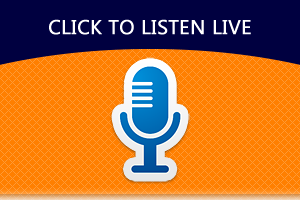How Can I Get Free Health Insurance?
Many children, families and adults qualify for free- or low-cost health insurance, and they don't even know it! Your ability to get these state- and federally-sponsored medical programs is usually based on the size of your family and your income.
These programs vary state-by-state, so it's important to check with your local government offices. However, many of the plans share similar qualifiers. Some groups of people that commonly qualify for low- or no-cost health coverage include:
1. Children and young adults under 19 years of age. Youth programs are common throughout the United States, and often include dental, vision and mental health or substance abuse counseling in addition to basic medical coverage.
2. Pregnant women. Available through Medicaid – and often through state departments of health – you can qualify depending on your income and family size.
3. Seniors 65 years of age and over. People in this category are usually covered by Medicare, a health insurance program of the federal government.
4. Disabled People. If you're permanently disabled, there's a good chance you can qualify for Medicare.
5. Immigrants Needing Emergency Care. If you have a medical emergency, you might be eligible for a state-funded Alien Emergency Medical Program (AEM) which can pay for your emergency care. To be eligible for most states' AEMs, you must be low income, have an emergency medical condition, and be: under 18, or have dependent children, or be older than 64, or disabled, or pregnant.
In addition, many states and sometimes the federal government will cover your costs for specific medical procedures and / or services. These programs are often partnerships between state health departments and national organizations like the Centers for Disease Control in Atlanta. These services might include things like:
1. Mammograms
2. Pap Smears
3. End-Stage Renal Disease
4. Birth Control
As we've said before, programs like these vary state-by-state, so it's important to check with your state or local health department.













 Hits Today : 941
Hits Today : 941 Total Hits : 739099
Total Hits : 739099 Who's Online : 1
Who's Online : 1